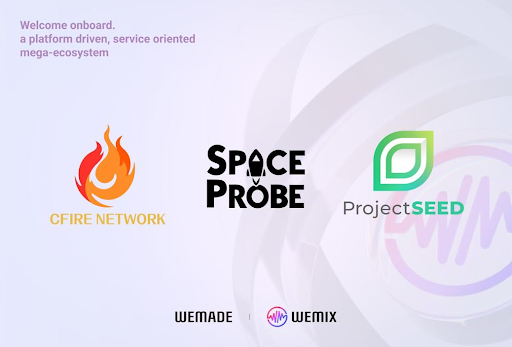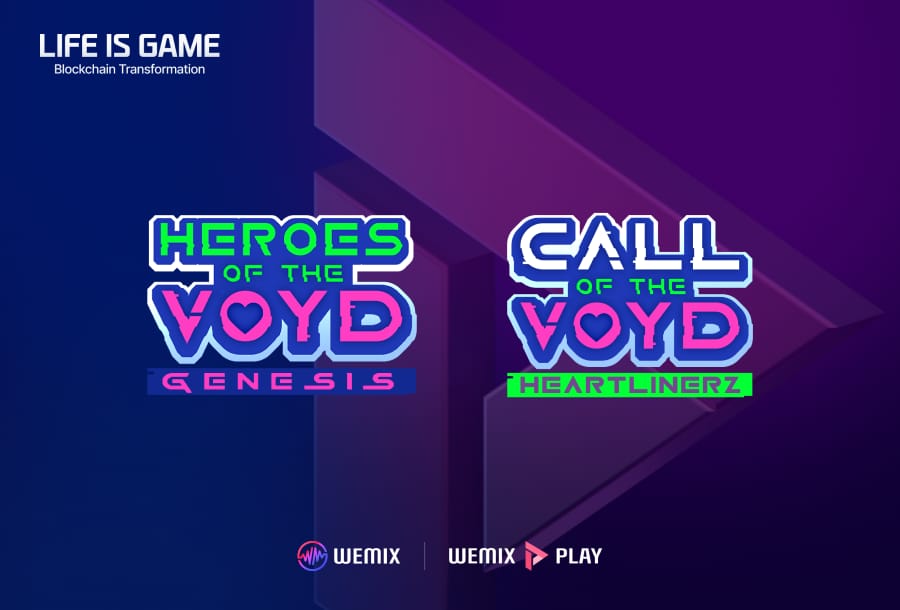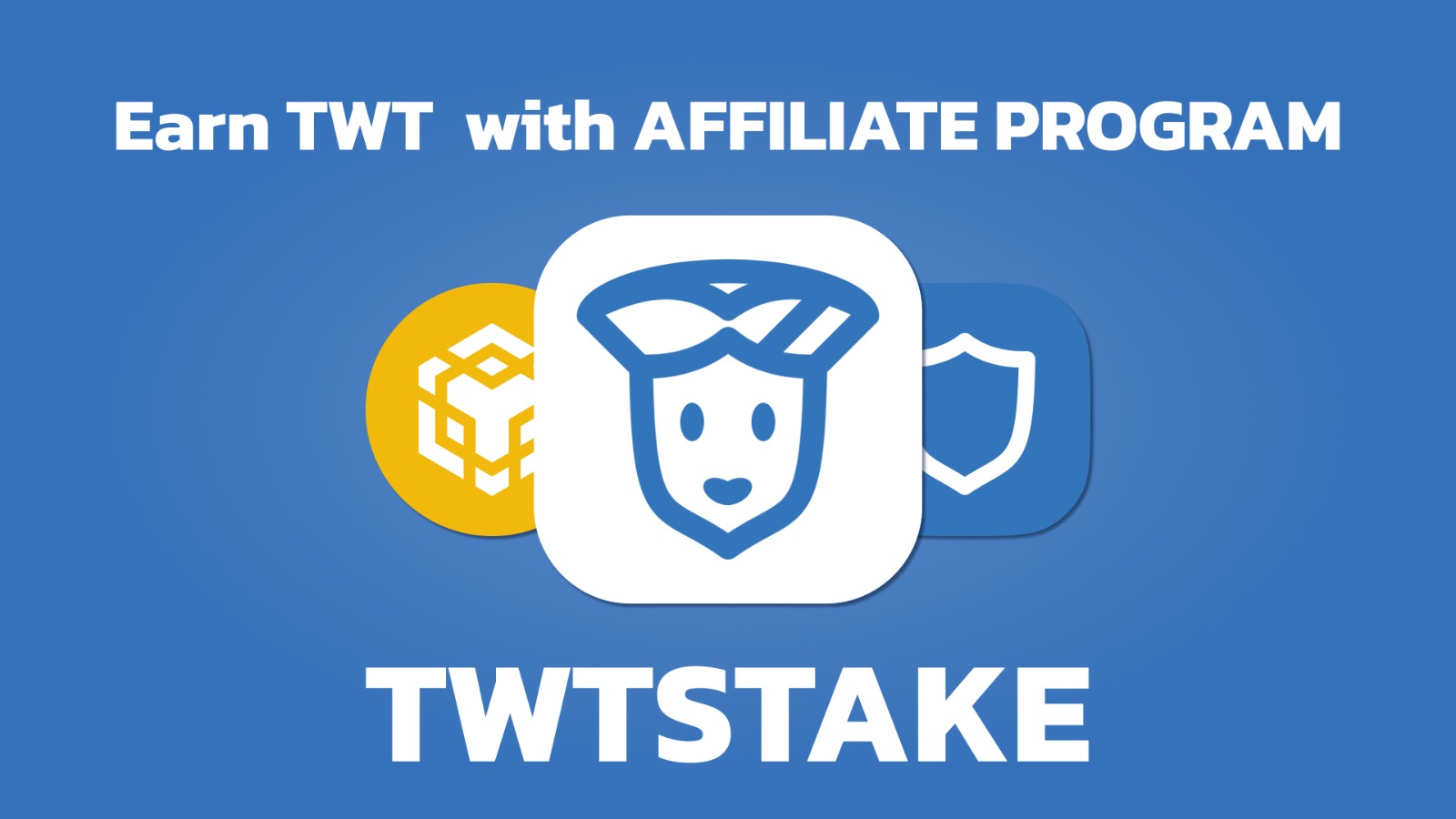The stablecoin issuer Tether has announced a restructuring of its company aimed at offering a wide range of innovative solutions for decentralized infrastructure.
In this context, four new divisions have been created: Tether Data, Tether Finance, Tether Power, and Tether Edu(cation). Let’s see all the details below.
Stablecoin news: changes in Tether’s company
As anticipated, Tether, the creator of the stablecoin USDT, has announced a major corporate restructuring to explore new sectors in the field of digital assets.
The company, behind the world’s largest stablecoin by market capitalization, has established four new divisions to reflect its growing interest in various areas.
The new divisions of Tether include “Tether Finance”, responsible for managing the USDT stablecoin, while “Tether Power” will handle the company’s investments in bitcoin mining.
“Tether Data” will focus on strategic technological investments, including artificial intelligence, while “Tether Edu” will be dedicated to educational initiatives.
In a blog post, the company stated that this expansion represents a paradigm shift in its commitment to financial empowerment.
In particular focusing on sustainable solutions to meet the needs of individuals, communities, and nations.
Paolo Ardoino, CEO of Tether, emphasized that this evolution will allow the company to support innovation and technology implementation, promoting self-sufficiency and independence at all levels.
Controversies and doubts about the billion-dollar USDT emissions
Tether generated one billion dollars in USDT on April 1st, while the cryptocurrency market was facing significant losses.
This massive issuance has sparked criticism and questions about its legitimacy, with Tether’s CEO calling it a “stock replenishment”.
Particularly relevant was the reaction of WhaleWire, which immediately raised doubts about the nature of this just occurred issuance.
In particular, Tether created 1 billion USDT through a smart contract on the Tron (TRX) network, transferring the tokens to the Tether Treasury account labeled by TronScan.
Paolo Ardoino subsequently released a public announcement on X, explaining that it was an “authorized but not issued transaction”, emphasizing that the company’s reserves have not yet covered that amount.
This practice has sparked controversy within the industry, especially considering that BlackRock has reported significant risks related to the large exposure of the cryptocurrency market to USDT in its ETF documents.
Circle, issuer of USDC in collaboration with Coinbase, has even publicly encouraged the United States Congress to “investigate” Tether.
Furthermore, the lack of transparency regarding burns and emissions adds further uncertainties about the future of Tether and the stability of its stablecoin.
This currently represents the majority of cryptocurrency liquidity on exchanges.
Tether and Fuze join forces to educate on crypto in Turkey and the Middle East
Tether has recently partnered with Fuze, a provider of cryptographic infrastructure, to promote cryptocurrency knowledge in Turkey and the Middle East, thus expanding awareness of digital resources.
According to a press release dated April 15, the collaboration will focus on various aspects of cryptographic education, including cross-border payments, regulatory compliance, framework development, and financial training.
Joint educational campaigns will aim to increase the adoption of cryptocurrencies like Bitcoin, blockchain technology, and stablecoins like USDT for cross-border transactions.
In particular, addressing both companies and individuals in Turkey, the Middle East, and North Africa.
Paolo Ardoino emphasized that the collaboration aims to provide security and clarity in the constantly evolving financial landscape, not only through technology, but also through education.
Although Tether has hinted at involving local and regional credit institutions, specific details about the participants in the educational program have not been disclosed.
The CEO of Fuze, Mo Ali Yusuf, shared the desire to create opportunities for everyone, from institutions to end consumers, through digital resources managed securely and reliably.







